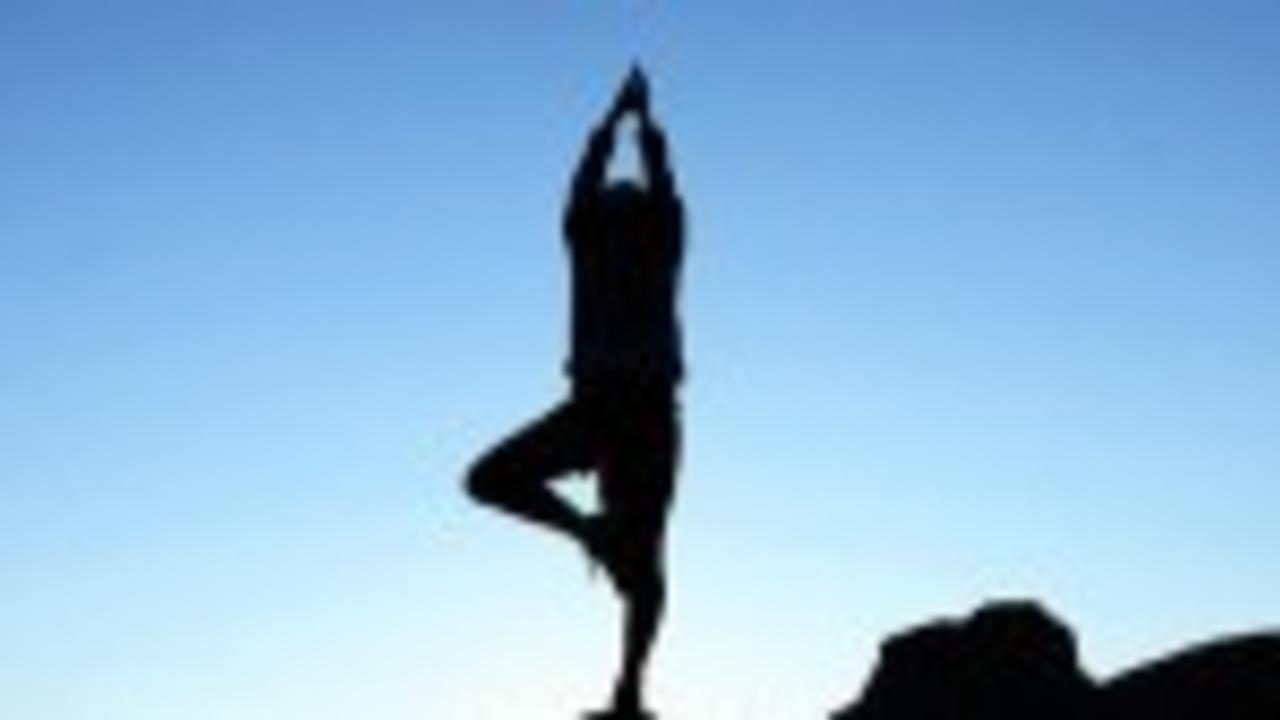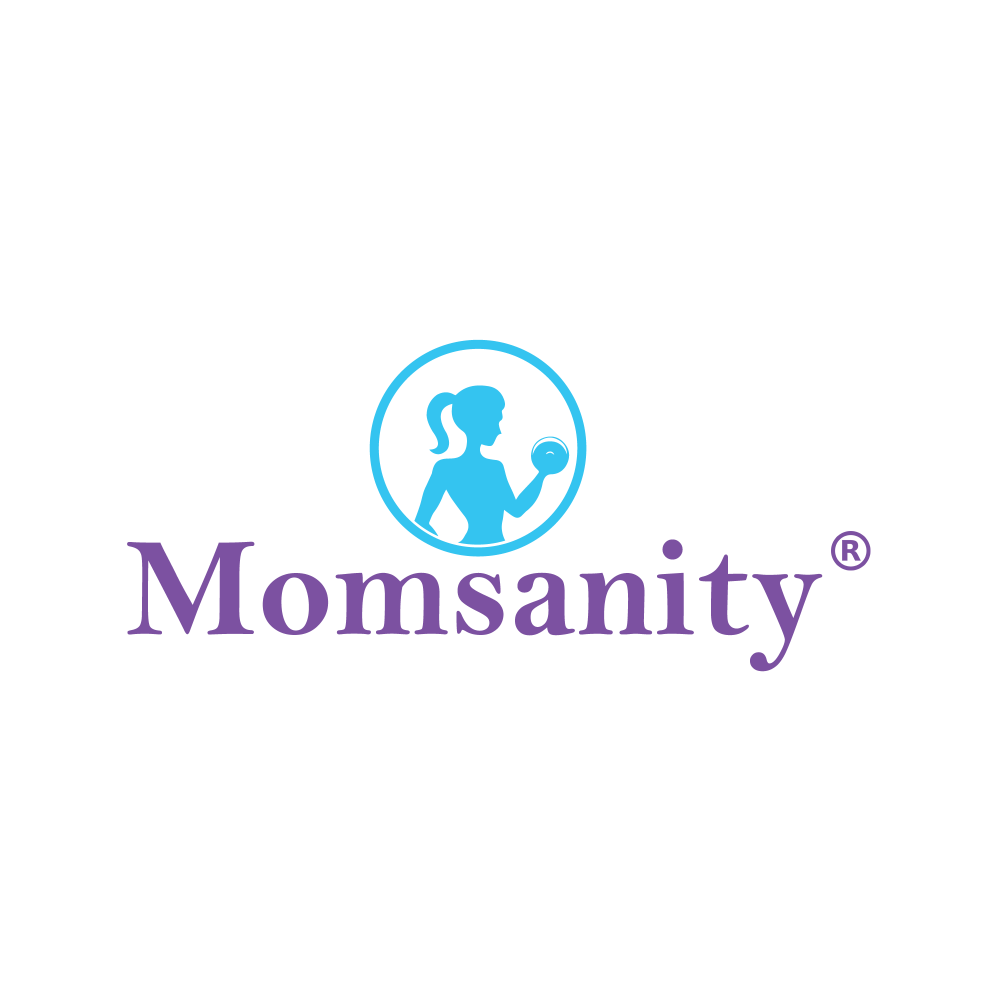6 Tips for Rest and Recovery
Aug 10, 2014

By Coach Emily Saunders
I spent many years literally running my body into the ground. I ran EVERY single day without ever resting for YEARS. I wound up with an over-worked body, muscle aches, exhaustion and a bad case of plantar fasitis. It wasn’t pretty. God put two ladies in my life, Jill Coleman and Tara Ballard, who were both also in the process of “weaning” off of crazy cardio schedules, while also competing in fitness competitions. I watched and I learned, and slowly but surely I began to take better care of my body.
This article is not about cardio or weight training, but instead rest and recovery, so let’s dig right in to my favorite activities and supplements that encourage recovery. Note: Today I’m talking purely about physical rest. There is LOTS more to talk about
1. Hot Yoga: I’ve been doing hot yoga once per week for YEARS, but I am not a yogi. I still feel like I don’t “fit in” in the yoga studio. I’m a fitness girl who spends most of her exercise time throwing around weights, not stretching. Hence my need for yoga, I’m TERRIBLE about stretching. My body is SUPER flexible (thank you years of dance and competitive cheerleading), but also super tight. I love to stretch, but I don’t make time regularly. My once per week 60 minute hot yoga flow class does the trick.
Don’t love the heat or new to yoga? Start with a basic yoga class to cut down on injury risk. Side Note: Some people think that Christians shouldn’t do yoga because of the meditation focus etc. Please note that classes vary widely. I take class at a YMCA that focuses strictly on stretching and relaxation without talk about “enlightenment from within” etc. If yoga isn’t your thing then just focus on stretching for about 5 minutes per day. Early morning or just before bed are great times to incorporate this practice
2. Deep Tissue Massage: I’m not talking about the nice this-is-so-relaxing- it-puts-me-to-sleep massage. Those are nice too and fantastic for stress relief, but for recovery, find someone who knows the body well and can find the root cause of your issues. For example- I still struggle with sore arches and my therapist spends time on my hips, TFL, hamstrings and calves before attacking my feet. She knows her stuff and is GOOD. It’s painful but I leave there feeling 100x better! Ask around for suggestions for a good massage therapist. They often work independently at small studios rather than “chains”.
3. Active Recovery: This means taking a day off. Go play at the park with your kids or fly a kite or go to an amusement park or canoe at the lake or take a long walk. Keep your body moving without formal exercise 1 or 2 days per week. Leisure walking is great for recovery and reducing stress hormones. Moving, even when very sore, will help to break down the lactic acid that builds up in the muscles causing soreness.
4 . Foam Rolling: Coach Kate talks about this more HERE. Foam rolling is not super fun (at least for me) and it can get awkward, but it’s so effective in relieving tension and sore muscles.
5. BCAAs Pre and Post Workout: Glycogen stores are rapidly depleted during intense weight training sessions causing the liver to synthesize glucose by conversion of L-Alanine( one of the BCAAs). Providing additional BCAAs during times of stress on the body helps to allow protein synthesis to continue and therefore speeds up recovery. Supplementing with 5 grams of BCAAs before and after exercise will assist in muscle recovery. Aim for the plain kind or a naturally sweetened flavored option like MRM Reload Natural Watermelon or Swanson’s Lemon Lime.
6. L-Glutamine Post Workout: Glutamine is an amino acid that is made and stored in the body. During and after intense exercise the stores can sometimes become depleted making it difficult for the body to maintain nitrogen balance and encouraging muscle soreness. Include a heaping teaspoon of glutamine in your post workout shake to help minimize soreness.

Lorem ipsum dolor sit amet, consectetur adipiscing elit. Cras sed sapien quam. Sed dapibus est id enim facilisis, at posuere turpis adipiscing. Quisque sit amet dui dui.
Stay connected with news and updates!
Join our mailing list to receive the latest news and updates from our team.
Don't worry, your information will not be shared.
We hate SPAM. We will never sell your information, for any reason.

